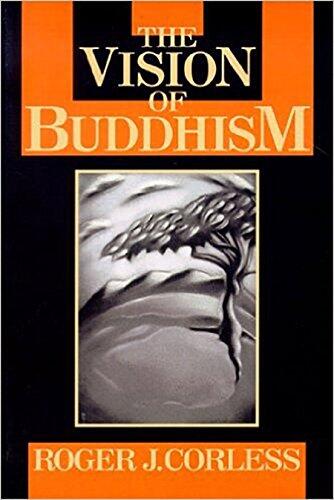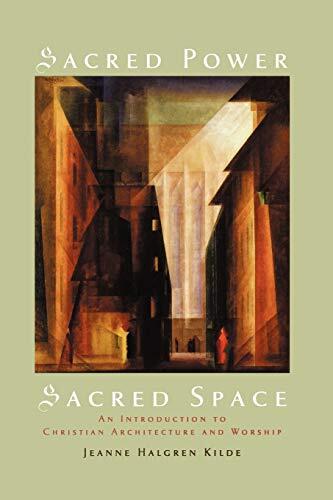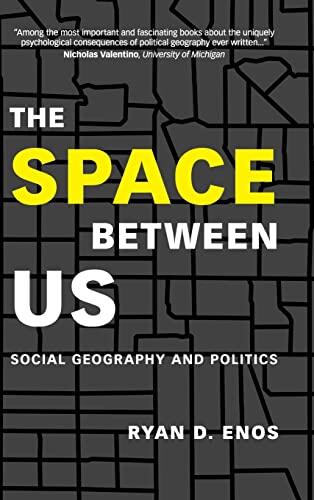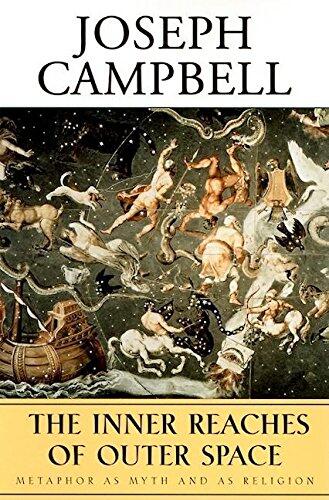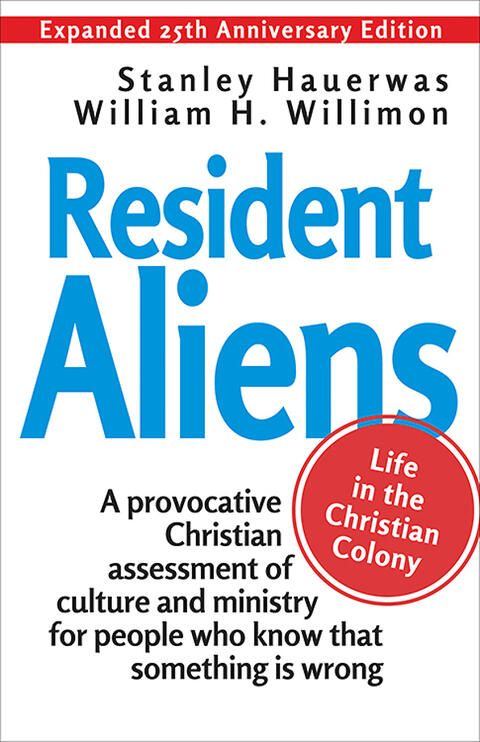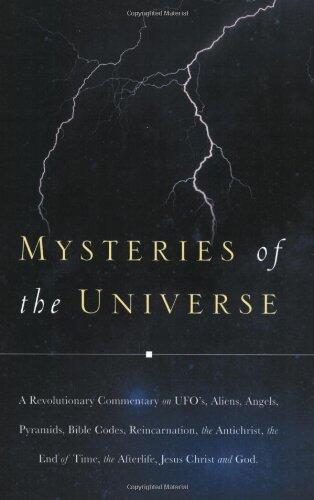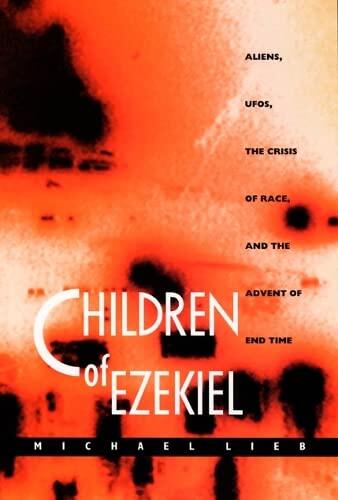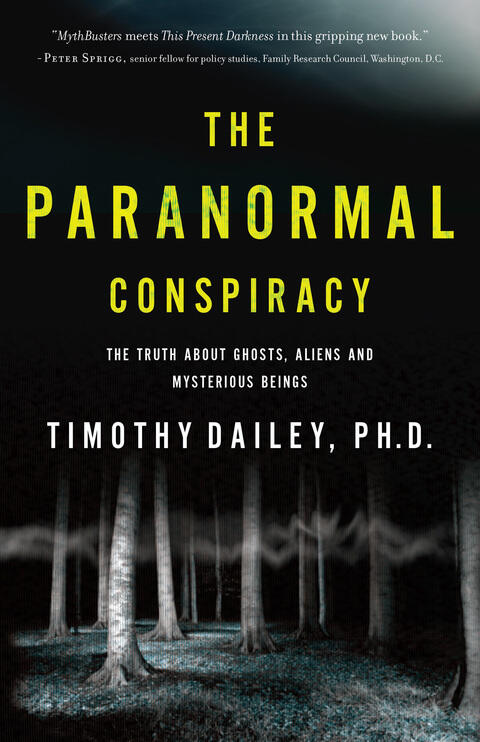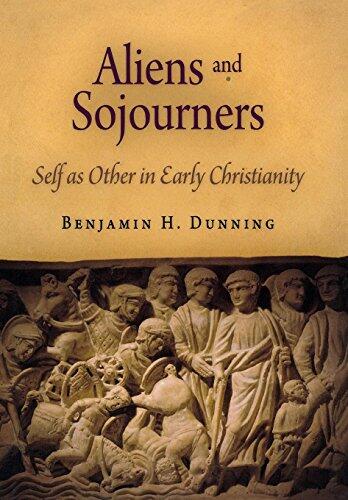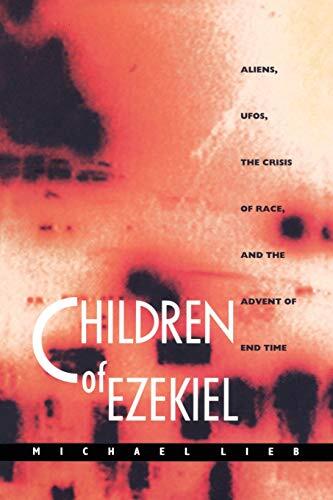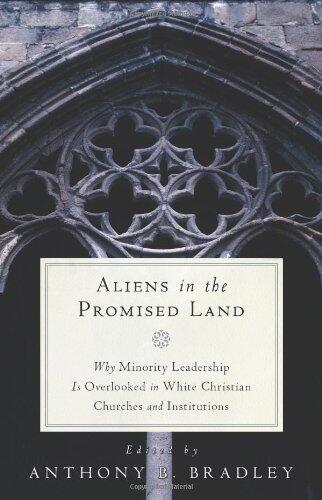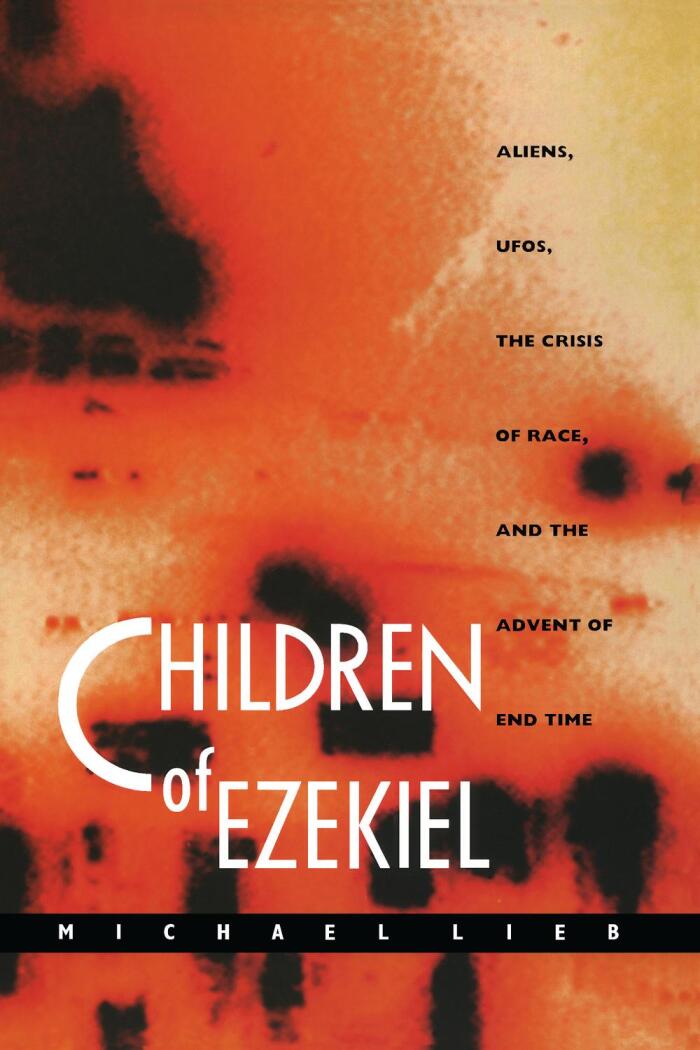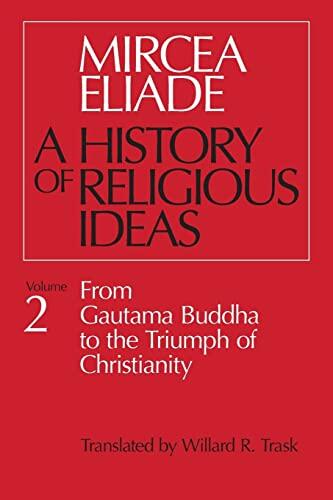
A History of Religious Ideas, Vol. 2: From Gautama Buddha to the Triumph of Christianity
Ancora nessuna valutazione
Religion & Spirituality
History
Philosophy
Formato
Brossura
Pagine
580
Lingua
Inglese
Pubblicato
Jan 15, 1985
Editore
University of Chicago Press
Edizione
Reprint
ISBN-10
0226204030
ISBN-13
9780226204031
Descrizione
Mircea Eliade's exploration of religious thought unfolds further in this second volume, delving into a multitude of belief systems that have shaped human culture throughout history. The narrative traverses the ancient religious landscapes, illuminating the philosophies and practices of ancient China, Brahmanism, and Hinduism. Eliade meticulously dissects the spiritual nuances and developments that arose from these traditions, revealing their profound impacts on the collective human consciousness.
The author does not shy away from the complexities of Buddhism, providing insights into its origins and the ways it diverged into various schools of thought and practice. Through Eliade’s lens, readers gain an understanding of the foundational elements that have influenced not only Eastern spirituality but also the interactions and intersections with Western religions.
Celtic and Germanic beliefs are likewise explored, presenting a vivid tapestry of pre-Christian faiths that offer a counter-narrative to the prevailing religious paradigms of the time. Eliade paints a picture of a world rich in myth and ritual, where the sacred was intricately interwoven with daily life.
As the volume draws towards its conclusion, Eliade deftly narrates the ascendancy of Christianity, providing context for its triumph over earlier belief systems. This work not only serves as a historical account but also invites readers to reflect on the evolving nature of spirituality and its enduring relevance to contemporary society.
The author does not shy away from the complexities of Buddhism, providing insights into its origins and the ways it diverged into various schools of thought and practice. Through Eliade’s lens, readers gain an understanding of the foundational elements that have influenced not only Eastern spirituality but also the interactions and intersections with Western religions.
Celtic and Germanic beliefs are likewise explored, presenting a vivid tapestry of pre-Christian faiths that offer a counter-narrative to the prevailing religious paradigms of the time. Eliade paints a picture of a world rich in myth and ritual, where the sacred was intricately interwoven with daily life.
As the volume draws towards its conclusion, Eliade deftly narrates the ascendancy of Christianity, providing context for its triumph over earlier belief systems. This work not only serves as a historical account but also invites readers to reflect on the evolving nature of spirituality and its enduring relevance to contemporary society.
Recensioni
Nessuna recensione ancora
Sii il primo a recensire questo libro e condividi i tuoi pensieri
Aggiungi Prima RecensioneRegistro di Lettura
Nessun registro di lettura trovato
Inizia a tracciare i tuoi progressi di lettura per vedere i registri qui
Aggiungi il tuo primo registro di letturaNote
Registro delle transazioni
Nessun registro delle transazioni trovato
Inizia a tracciare le tue transazioni di libri per vedere i registri qui
Aggiungi il tuo primo registro di transazione